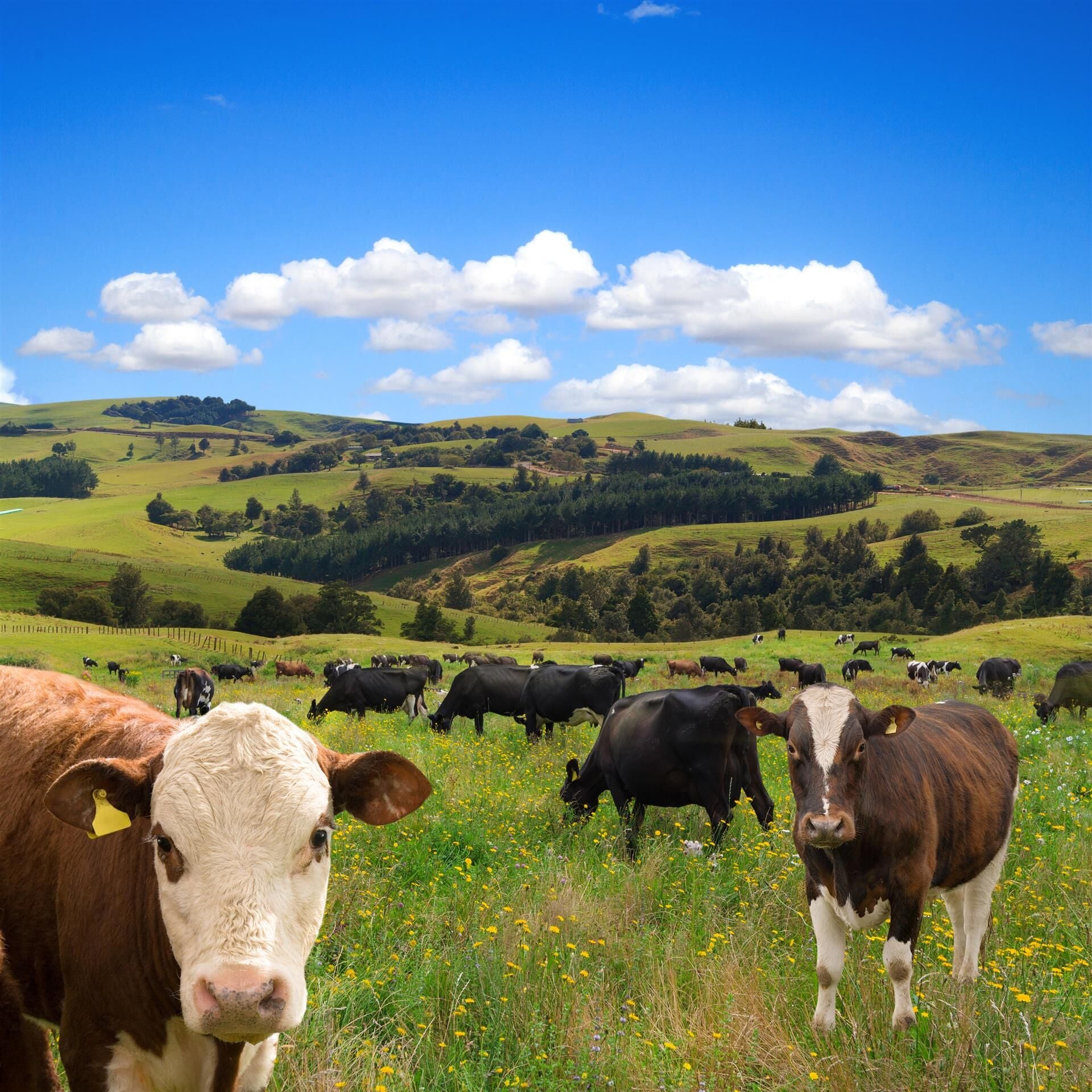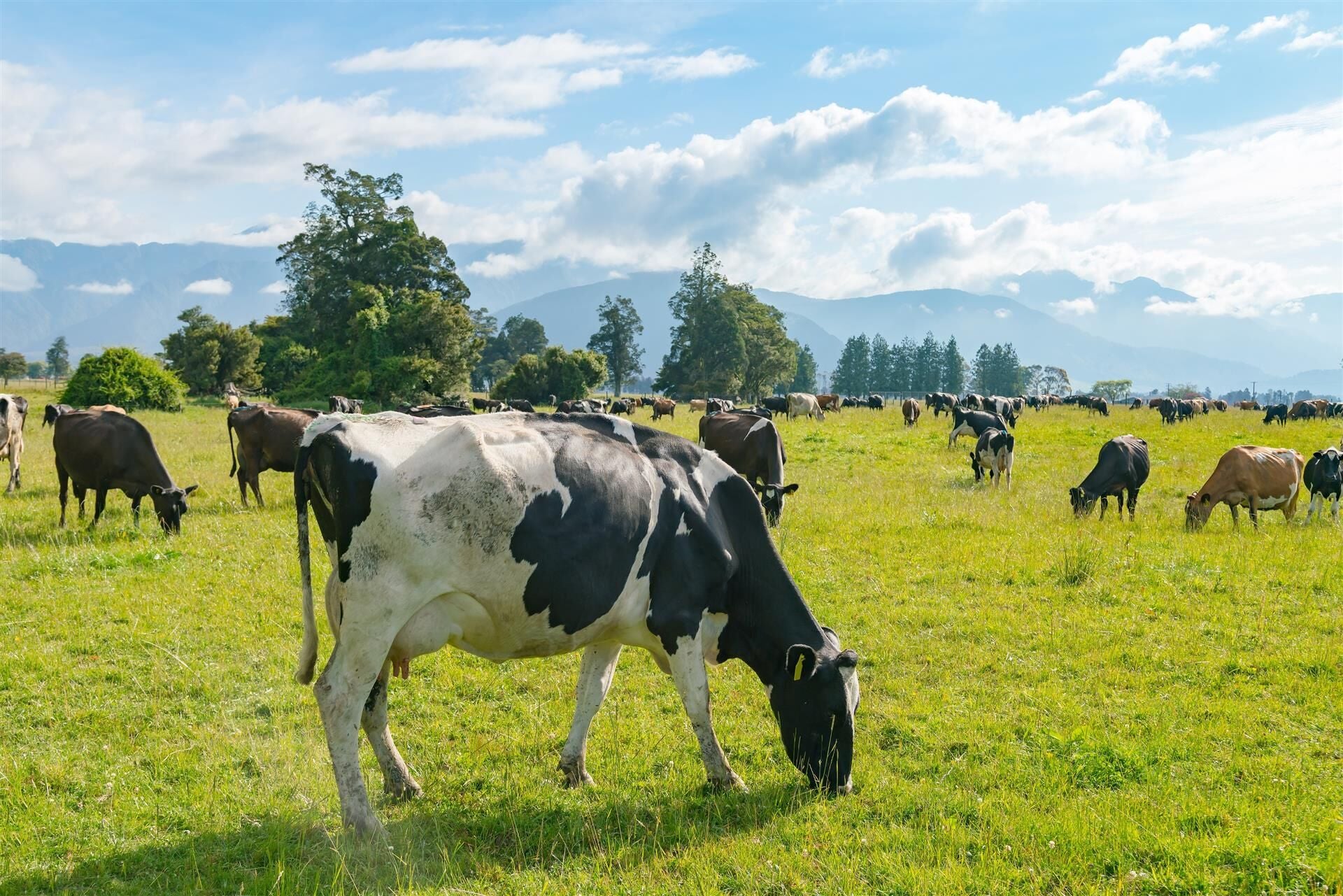Farm biosecurity helps lock out disease risk.

But even with the stark realities of M.bovis meaning sometimes entire herds are culled, the job of getting farmers to enforce biosecurity within the farm gate can be a tough ask, and one that often only comes into place when the property has been subject to a biosecurity scare.
This year kiwifruit grower Simon Cook spent time travelling around the world studying how other countries respond and manage their various biosecurity issues
His work took him to Florida where citrus growers have been crippled by a US$4 billion outbreak of citrus greening disease but had not combated it in a unified, constructive way.
In South America farmers in Chile were completely disengaged from a brown marmorated stink bug outbreak in nearby Santiago.
He came back recognising New Zealand has one of the best border security systems in the world but also aware our farm level biosecurity, despite a wave of incursions in the past decade, remains questionable.
Close to home for him, he had seen biosecurity boosted then fade on orchards in his Bay of Plenty home region after the Psa outbreak.
“Post Psa there was a lot of attention paid to spraying and cleaning equipment, but once the disease had spread that has dropped away. Really there are procedures we should be sticking to, not so much to cope with Psa, but to help prevent whatever disease it is that follows Psa.”
He also saw something similar in the pastoral sector where in the wake of the M.bovis outbreak, the fading risk of disease spread risked bringing a return of farmer complacency about on farm biosecurity measures.
Unfortunately it is the nature of farming and farmers themselves that makes lifting farm biosecurity a tough job.
Work by Worksafe has shown farm because farmers want to make their own decisions about their business, and because they prefer to work alone it is difficult to communicate the importance of procedures like biosecurity practice.
“So as soon as you require changes to things like biosecurity, they are unlikely to pick up on it voluntarily, and only through regulation will those requirements be adopted.”
“As soon as you require changes to things like biosecurity, farmers are unlikely to pick up on it voluntarily, and only through regulation will those requirements be adopted.”
This unwillingness to adopt has prompted the likes of AgResearch to take on social scientists to better understand what it is that will motivate farmers to change.
And as farming and tourism become more closely linked in New Zealand the risk of disease spread grows.
“And as farming and tourism become more closely linked in New Zealand the risk of disease spread grows.“
Scientists from AgResearch have also studied dirt on international visitors’ footwear through Auckland and Christchurch airports and found over half the samples had seeds within the dirt, two thirds had nematodes and almost all had fungi and bacteria present.
Perhaps surprisingly over a third also had the body parts of insects within them.
The researchers concluded that given the high occurrence the cost of disinfecting soiled shoes could probably be justified.
Scientists who followed the invasion of the clover flea weevil in the 1990s highlighted the importance of farm biosecurity.
It moved from the North Island to South Island, and in Canterbury that came directly from livestock transported south. Hotspots of the pest were found in paddocks in the Culverden district, and north of the Waimakariri.
Bayleys Canterbury rural agent Ben Turner said farm biosecurity was on the radar of farm buyers and sellers much more than it has been, thanks in part to the M.bovis outbreak.
Bayleys has taken steps to protect both parties in pastoral farm transactions from risk to a disease outbreak in the lead up to a final sale conclusion.
“Contracts recognise the risk around M.bovis in particular so that if it does arise, both parties can sit down and it protects both parties by recognising it has happened. We have taken considerable legal advice in putting this in, and it is peace of mind for all parties involved.”
